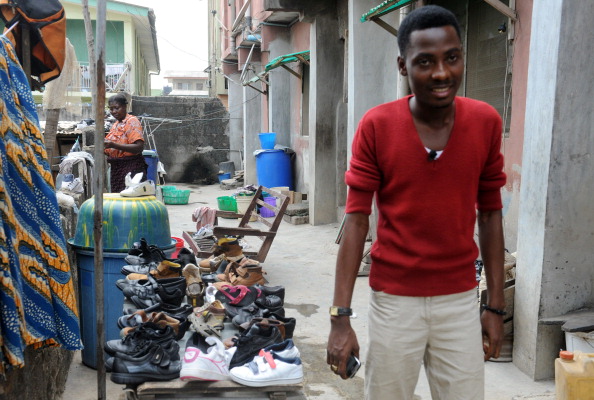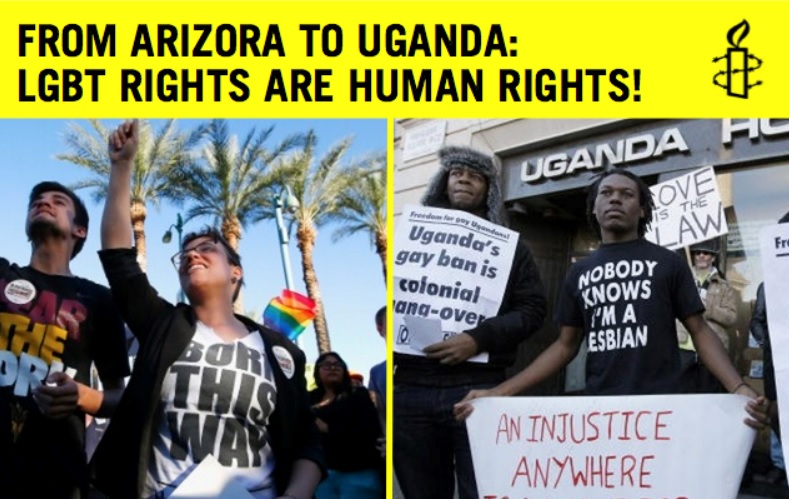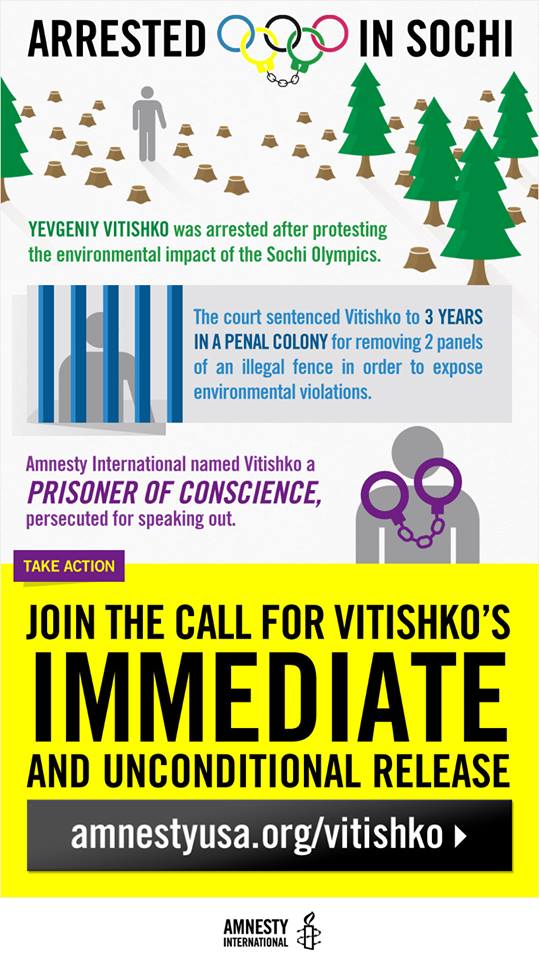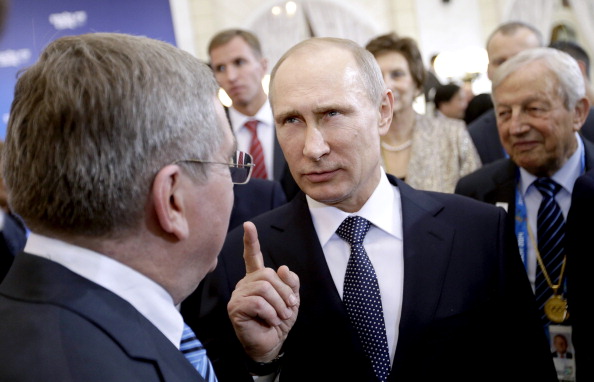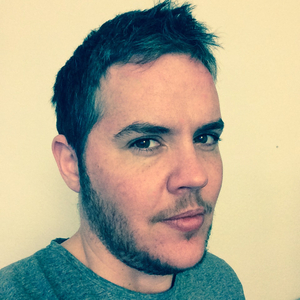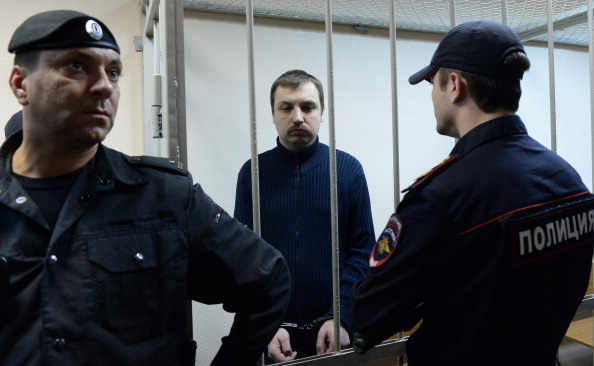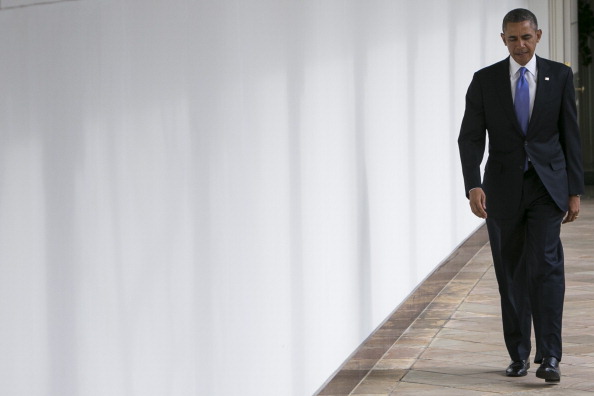
International Day Against Homophobia and Transphobia is an opportunity to draw the attention of political and cultural leaders, the media, and the broader public to the human rights of LGBT people.
This IDAHOT, Amnesty International reaffirms our core belief that all people, regardless of their sexual orientation or gender identity, should be able to exercise their full human rights, and we stand in full solidarity with LGBT people whose fundamental rights are endangered.
Lesbian, gay, bisexual, and transgender (LGBT) people face disproportionately high levels of discrimination when accessing health care, education, housing, and employment. In almost 80 countries, consensual same-sex conduct remains criminalized; even where homosexuality has been decriminalized, LGBT people are frequently subject to arbitrary arrests, unlawful detention, imprisonment, torture, and other violence.
